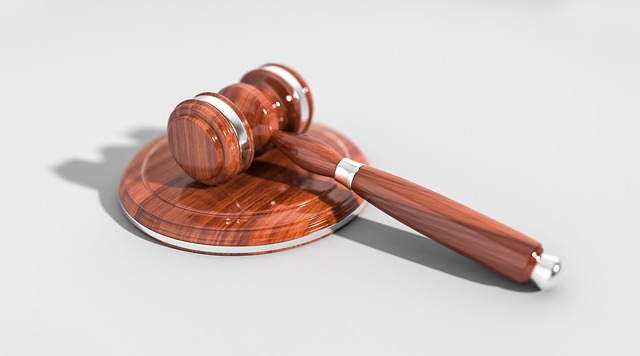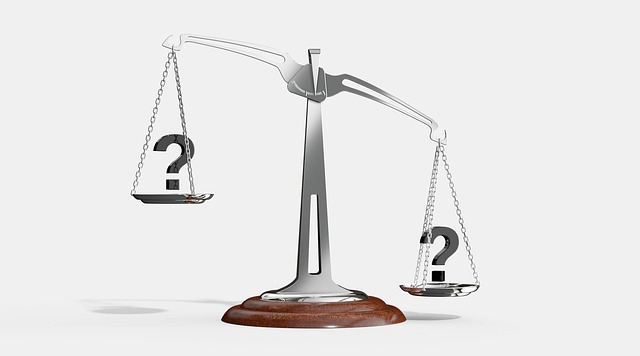
Can Parents Press Charges If You Are 17?
The contents of this web page are for informational and educational purposes only, and nothing you read is intended to be legal advice. Please review our disclaimer before taking action based upon anything you read or see.
Can parents press charges if you are 17? Yes. Parents can press charges if they are 17. According to the law, a youngster under 10 cannot be brought to court and accused of a crime. However, once they reach the age 10, they are handled by the System of Youth Justice exactly as any other young person under 18.
If it is a child’s first time getting into trouble, acting antisocially, or committing a small offense, it may be handled without going through the legal system. This may be accomplished via a diversionary session or the Police Youth Diversion Program.
If your folks make a complaint to the authorities regarding you, you will either be allowed to leave after posting bail or you will be held in confinement. You will be forced to remain in detention before going to a juvenile court.
The juvenile court will sentence you if you enter a guilty plea or are found guilty of the offense. The juvenile court may send a matter to the court for more severe offenses. All in all, if you’re 17, your parents may file charges. Come along as we highlight more on this below.
The legality of Pressing Charges Against a 17-year-Old

Filing charges against a 17-year-old under the existing judicial system is permissible. A young offenders’ facility is where juveniles who have been ordered to serve time in youth detention are transferred. The maximum punishment for children under the age of 17 is two years. 12 to 15-year-old minors are only allowed to stay for one year.
They start class and get additional instruction on topics like social skills and anger control while in juvenile detention.
Accordingly, some adolescents need comprehensive therapy and treatment to stop committing crimes again. This is true, for instance, if they have a behavioral condition. The court may issue a “PIJ order” for placement in a facility for juvenile protection and custody under such circumstances.
A PIJ order has a minimum three-year term and a seven-year maximum extension period. The youngster is permitted to leave during the last year under certain restrictions. The child probation agency then keeps an eye on them.
What are the implications of pressing charges against a 17-year-old?
17-year-old facing accusations might face a variety of repercussions. Accusing their children of this tends to make some parents uncomfortable. And trust us, we are aware of it. You involve the government and the law in your household. Some potential ramifications are as follows:
Initial lack of sovereignty
Parents worry they will lose control of the situation if they file charges against a 17-year-old. They worry that control will now rest with the courts and police.
Social isolation
Parents are concerned about the social stigma of filing charges against a 17-year-old. If the cops arrive at their home, what will the friends and family think? Nobody in the area wants that type of attention. Many parents are uncomfortable with themselves and feel humiliated. They believe they are incompetent parents who can’t manage their children.
Damage to relationships
Some parents are concerned that filing charges against a 17-year-old may strain their connection with their kid in the long run. They are concerned that their kid won’t ever forgive them for going to court.
All in all, these are valid and common apprehensions. Numerous parents have expressed similar worries to us. However, sometimes you need to follow your instincts and choose wisely.
What factors would need to be considered before pressing charges?

Parents prepared to engage the legal system often inquire about determining the proper timing for filing charges. In other words, what precise elements would be sufficient justification for filing charges? A few of them are:
When personal safety is an issue
Whenever safety is a concern or the conduct escalates and becomes criminal, you may file charges. This encompasses when your kid is damaging property, inflicting harm on others, or threatening to do so.
Safeguarding other family members
You should also take your family’s other members into account. They must be safeguarded. An aggressive, destructive, or volatile sibling may cause serious stress to siblings. These brothers and sisters don’t know when they’ll be next beaten, shoved, or verbally mistreated. Therefore, if all other measures fail, it is better to file charges.
Criminal activity
In the case of criminal action, charges should be filed. This would apply to selling or possessing illegal substances or stolen goods. “I can’t stop you from consuming drugs and getting high,” you should tell your youngster. But if I do, I will phone the police and report it. If I discover stolen items, I act similarly.
What are the consequences for the 17-year-old if charges are pressed?
If charges are pressed against a 17-year-old, the following consequences are possible:
- Taking the youngster to the house of an adult willing and able to offer suitable temporary refuge.
- Refer the juvenile to the Probate Court in the district where they are situated if the court accepts the reference.
- Keeping them in witness protection for 24 hours while the authorities attempt to decide on an appropriate course of action. This is true as long as the adolescent is not kept in a facility intended for juvenile offenders or adults;
- Transferring them to any formal or informal agency work with children, with or without their agreement.
- Transferring them to a youth service center or agency to meet the needs of children.
The authorities will report the adolescent to the juvenile court in the region where the child is situated if these choices are not suitable.
What are the Alternatives to Pressing Charges?
Some of the alternatives to pressing charges include:
The chief court manager must create guidelines for deciding whether a juvenile qualifies for court supervision, as the law requires. The legislation offers the following choices instead of filing charges where, after considering these rules, a Juvenile Court judge concludes that the youngster is a juvenile in crisis:
Prohibiting the minor from operating a motor vehicle for a period determined by the authorities;
- Requiring the minor to work or volunteer;
- Requiring the minor to enroll in a local education program approved by the court;
- Require the minor to receive psychological health or drug rehabilitation services.
Expert View
Juvenile offenders 16 to 22 years old may now be prosecuted under adolescent criminal justice either as a teenager or as an adult starting on April 1, 2014. This enables the court to consider the offender’s growth. Some young people need a strict approach, while others—even those who may be older—benefit more from the direction.
Furthermore, status violations include disobeying parental authority. As a result, parents may call the police to report a youngster acting inappropriately.
They may even complain to the court and bring charges. The court can classify the teenager as a “kid in crisis.” The adolescent may also be granted emancipation, which would give them adult rights. As a result, the parents will no longer be held accountable for their care or behavior.
A court may order, among other things, that the kid return home, not drive a vehicle, attend school, or get psychological health or drug abuse therapy if they seek to have the teen labeled a juvenile in crisis.
However, the ability of courts to implement these orders is restricted. The legislation forbids them from detaining or reclassifying minor offenders who violate the law as delinquents. If your kid is 17 years old, you may file charges as a parent.
Expert Advice
Making a formal complaint is a personal choice that not everyone will favor. You ought to live with this choice, after all. Your child’s instructors and counselors won’t be a part of his life in 20 years. You’ll still be his parent, however. Additionally, you want to do actions you won’t regret.
On the other hand, your parents can press charges if you are 17, as highlighted above. Therefore, acting in the best way you know how is essential. It’s also critical to understand that your parents won’t just stand by and watch while you irresponsibly ruin your life.

I’m a driven and accomplished law graduate and post-graduate, passionate about sharing my legal expertise via my blog. I hold a Bachelor’s degree in Law from the University of London (UK) and a Master’s in Law from the University of Derby (UK). Both gave me the foundational knowledge and skills to excel in my chosen career path.
Throughout my academic journey, I have gained extensive knowledge in various fields of Law, including Corporate and Business Law in the USA, Criminal Law, International Law, US Copyright law, and most importantly, American Constitutional law.

Comments are closed.